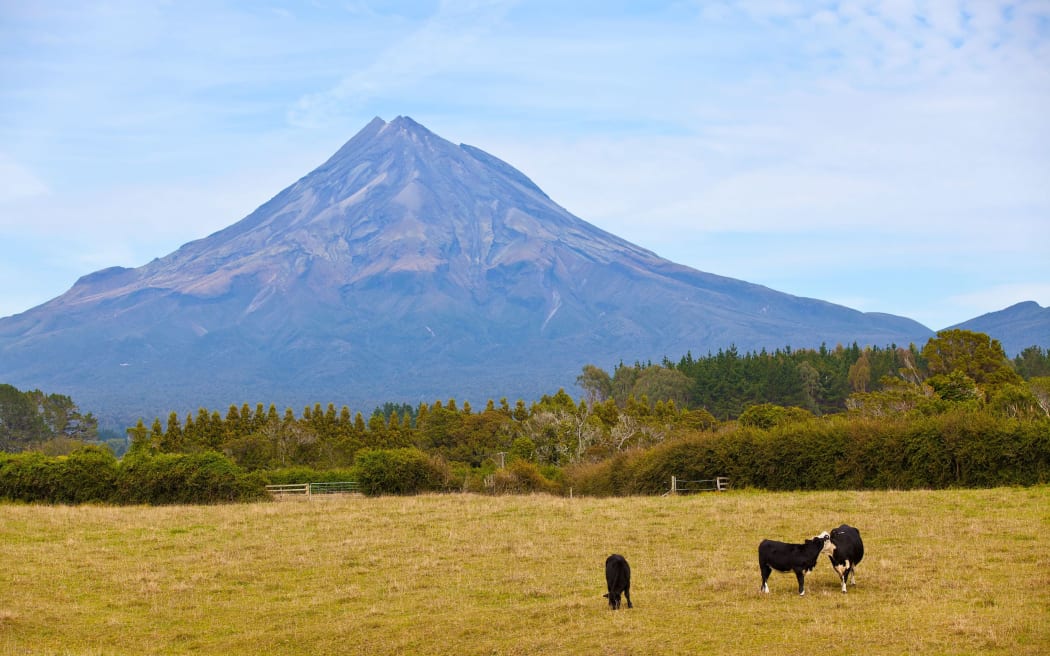Taranaki Regional Council spent $85,000 unsuccessfully contesting RNZ's coverage of its oil industry waste farms - known as landfarms.
In 2013 RNZ began investigating the controversial practice of landfarming - where oil industry waste, including fracking waste, was being spread on farms in Taranaki.
Within hours of the first story airing, the council announced it was no longer allowing fracking waste to be disposed of on landfarms.

Photo: 123rf.com
However, the council laid several complaints with the Broadcasting Standards Authority contesting many aspects of RNZ's coverage of landfarming.
Documents obtained under the Local Government Official Information and Meetings Act reveal the council incurred $85,000 in legal costs to challenge the stories.
The council argued the coverage amounted to "misinformation" in "attack-style journalism" which was "of grave concern and… no service to the public".
However, the authority found the coverage was fair and accurate and the council was "disingenuous" in claiming fracking waste had only been disposed of historically on the landfarms.
"Public bodies need to expect to come under scrutiny and to face assertions they see as unfair, as part of our open democratic processes," the authority ruled.
"Here, as we have found, there was nothing broadcast that was unacceptable and in breach of broadcasting standards."
The coverage led to an immediate cessation of the disposal of fracking waste on landfarms as well as a monitoring programme established to test the milk being collected from the farms.
The council also maintained it was not spreading oil industry waste on farms as the land was not in agricultural production.
But when asked why its own monitoring reports repeatedly revealed livestock standing hoof-deep in oil industry waste on the farms, the council said it had no ability to control livestock and animal welfare which was a matter for the Ministry for Primary Industries.
The Parliamentary Commissioner for the Environment's critical report on landfarming triggered a lock-the-gate policy - which forced farmers to keep stock off the land receiving oil industry waste until bioremediation rendered it safe.
RNZ's initial request for the cost of the council's legal bills was met with a response that it would cost $358 to gain that information.
Ensuing complaints by RNZ to the Ombudsman that it should not have to pay for public information resulted in the amount being reduced to $114 with the council this week supplying the cost of its legal bills.
The council declined to comment when asked whether the $85,000 it spent on legal fees was a good use of ratepayers money, given the Broadcasting Standard Authority's strong ruling.
In a statement it said it disagreed with the authority's findings.



